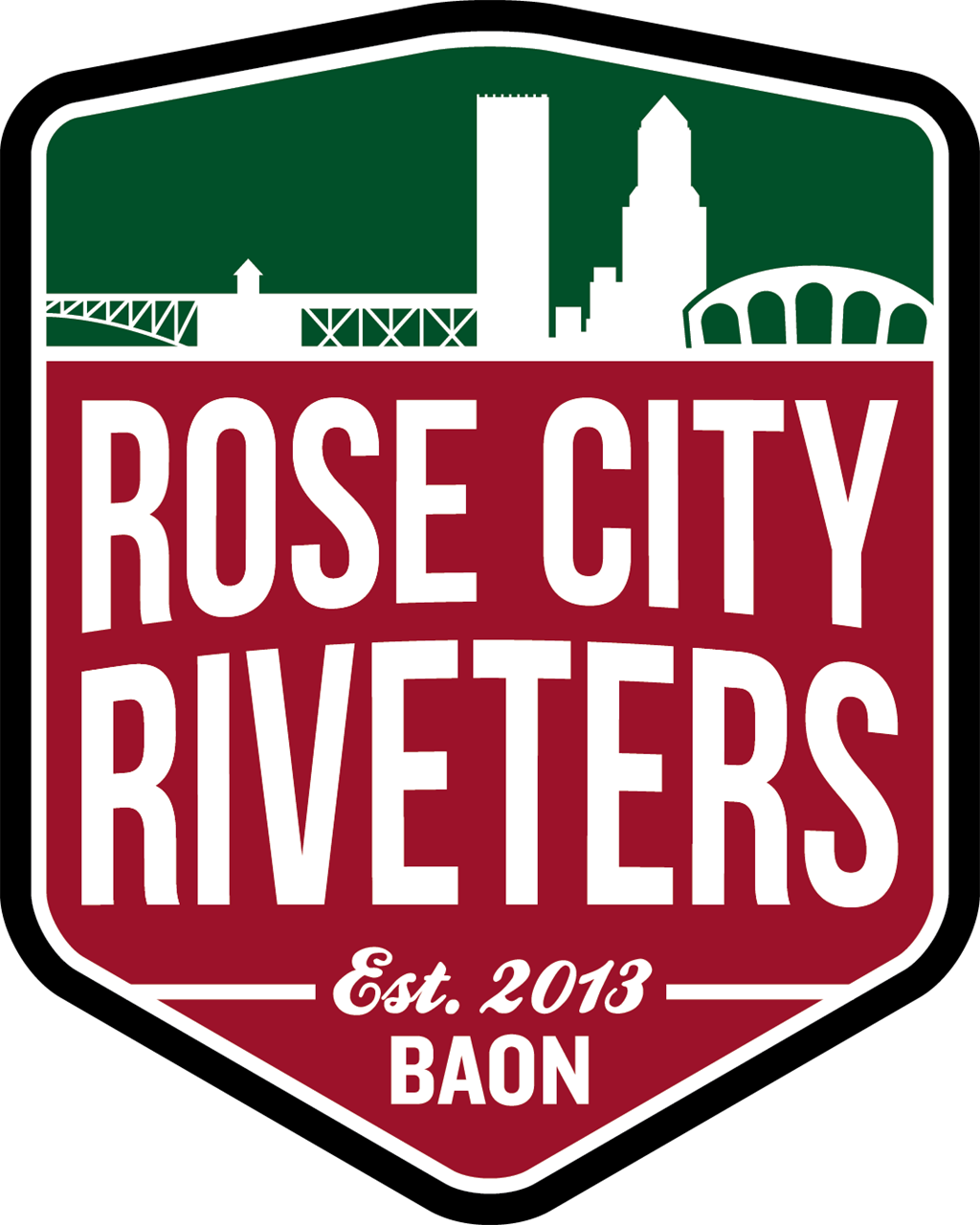—by Nicky Weisenfeld
It's 2016 and the Timbers Army still sings a chant that includes the line, "Shag your women and drink your beer." In late 2014, Orlando City FC sent out an
ill-conceived tweet advising that the best way for their supporters to get their wives/girlfriends to watch soccer was to buy them clothes. Last week, NASL club Miami FC
attempted to sell tickets by posting a video of two young, blond women, encouraging their fans to "join these babes" instead of, you know, come watch a soccer match.
In both instances, most TA members I know and follow were rightly horrified and embarrassed for those tone-deaf clubs. And that makes sense; the TA prides itself on championing women in the sport and showing respect for all supporters. Yet we still sing a verse that encourages our fans to "shag your women," every match. We continue to gleefully chant a line that is mildly threatening, heteronormative, and divisive at best. How can we expect other clubs to respect female fans if the TA - the most influential supporters group in North America - continues condoning and reciting a chant that reduces women to objects to be shagged, possessions to be conquered, "babes" to be ogled?
The systemic objectification of women is so ingrained that many people who read this will wonder what the big deal is. It's just a few words, it's just a good time, it's just a football chant. People argue that it doesn't imply lack of consent, and the "your" could mean "one's own woman," as if that makes it any better. But we're not living in the dark ages, or even the 1950's. The perpetuation of the idea of women as objects without agency — as possessions who exist only for male pleasure — is a big fucking deal, and it's flat out wrong. It's not just words, it's not just a chant, and it's not a good time; it's using specific oppressive words that do damage. What all these words lead to is very real and very dangerous.
People contend the chant is a hallowed tradition and shouldn't be messed with. But tradition is a construct, a living thing that can and should change with progress and context. Tradition is only worth something if it's something to be proud of, if it represents the people who strive to uphold it. So ask yourself: does this tradition reflect your own values? Is this the best the TA can do? Ask yourself – better yet, ask the organization that can move mountains when it wants to – is it really that difficult to change one line or stop singing it entirely? Is it really that hard to stop chanting something that doesn’t represent who we truly are?
My friends and I have come up with many alternatives to this line (sometimes classy, sometimes raunchy, sometimes we say nothing at all), but it's not about one person or group finding the perfect replacement - I'd love to hear what this chant means to other TA members, and if we even need to keep it at all. Post your thoughts below and get the conversation started. Sometimes a little progress does take an army.


